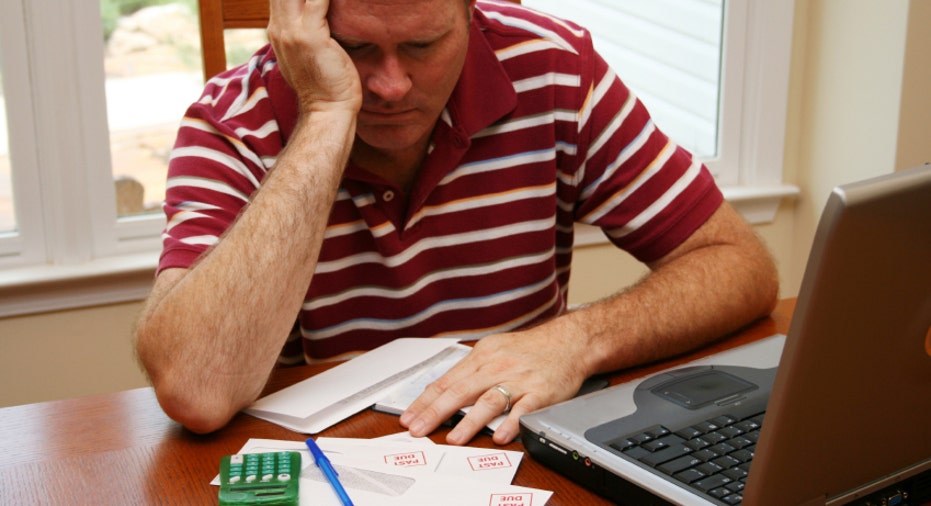Underwater Home Safe From Bankruptcy Court

Dear Bankruptcy Adviser, My ex-wife is still on the title to our house but I am the only name on the mortgage, which is current. She is filing for bankruptcy and said that the lawyer needs information regarding the house. The house is slightly underwater based on a value of $89,500 and the mortgage balance of $185,000. Will the bankruptcy trustee view the house as an asset to her because of her name on the title? Would it not be considered a liability for her because she is not on the mortgage? What other concerns should I have in a situation like this?
-- Mark
Dear Mark,
I used to be shocked when asked this question. At first, I could not believe that someone who owed more on their home than it is worth -- also known as being upside down or underwater -- would think the home could be at risk in bankruptcy.
Then I realized the question was rooted in emotion, based on fear and not logic. Logic cannot find its place when emotion controls. I am not trying to belittle your sense of concern, but I am trying to point out that your concern is not based on reality.
Let me explain. When you file bankruptcy, the court assigns a person to your case called a trustee. A trustee steps into your shoes and does with your assets what is legally allowed. If you have a valuable asset, the trustee may be able to seize it, sell it and pay your creditors with the proceeds.
The trustee cannot take or sell just anything. You are able to exempt, or protect, some or all assets from the trustee's reach. But the trustee is legally allowed to sell an unprotected asset. Each state has different exemptions.
In your case, you say the value of your home is approximately $90,000, but the balance owed on the house is $185,000. This means it's worth approximately 50 percent of what you owe on it. If you were to sell the house, the lender would have to accept quite a bit less than what you owe. Most lenders would not agree to such an offer.
When your spouse files bankruptcy, the trustee will need to be given this information about the home. After investigating, the trustee will see that the house is significantly upside down. Trustees cannot compel a lender to reduce the principal. Nor can they magically sell the property for more than market value. Furthermore, the trustee cannot remove the lender's lien against the property. The lender has a secured lien that must be paid or the house could be foreclosed on.
In the scenario you give above, your house should be well-sheltered if your wife files for bankruptcy.
Get weekly advice on slashing debt and debt consolidation tips! Subscribe to Credit Card News.
Ask the adviser
To ask a question of the Bankruptcy Adviser, go to the "Ask the Experts" page, and select "Bankruptcy" as the topic. Read more Bankruptcy Adviser columns and more stories about debt management.
Bankrate's content, including the guidance of its advice-and-expert columns and this website, is intended only to assist you with financial decisions. The content is broad in scope and does not consider your personal financial situation. Bankrate recommends that you seek the advice of advisers who are fully aware of your individual circumstances before making any final decisions or implementing any financial strategy. Please remember that your use of this website is governed by Bankrate's Terms of Use.



















